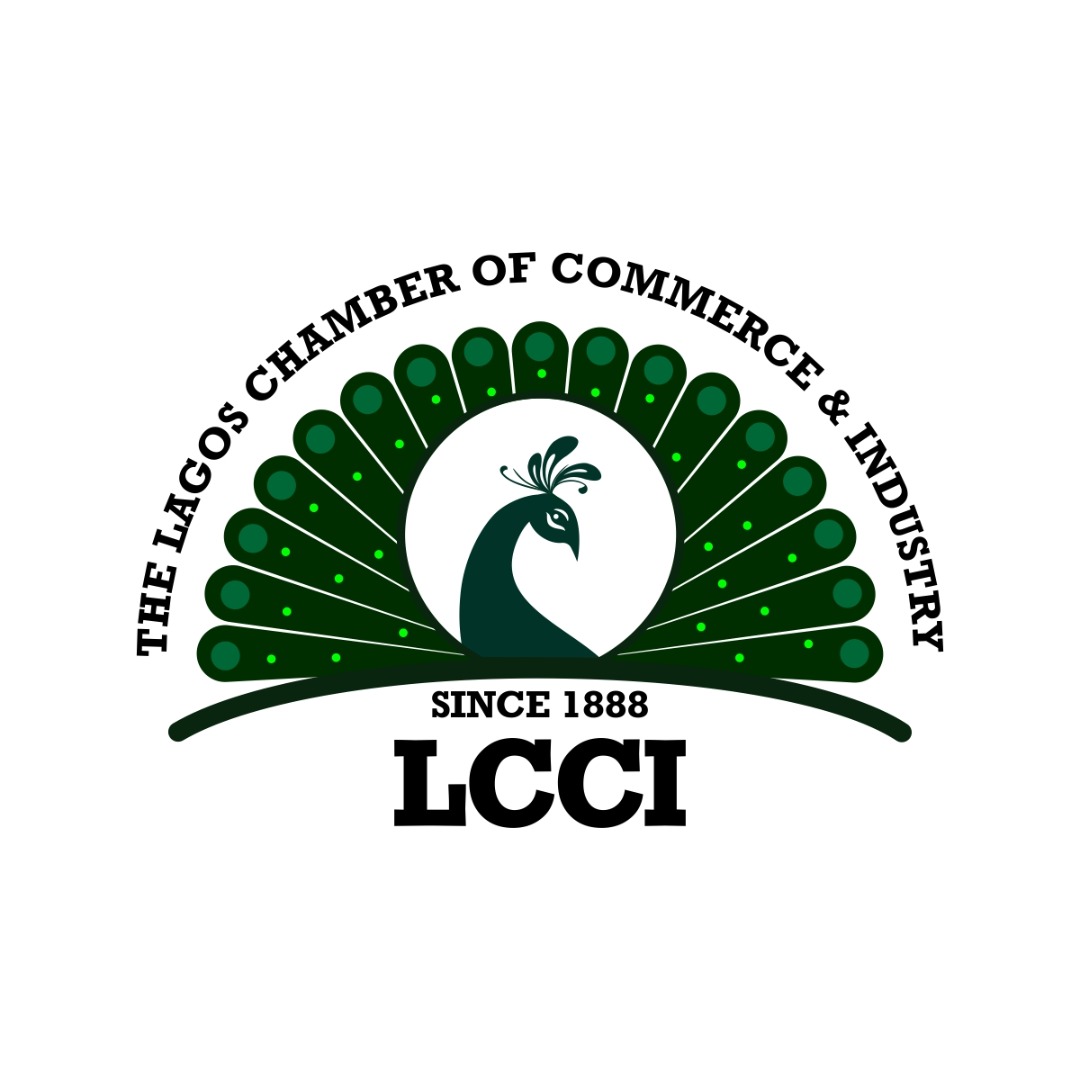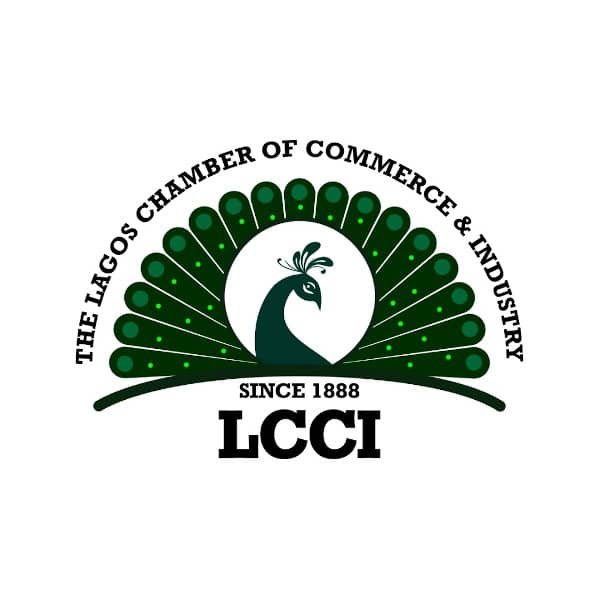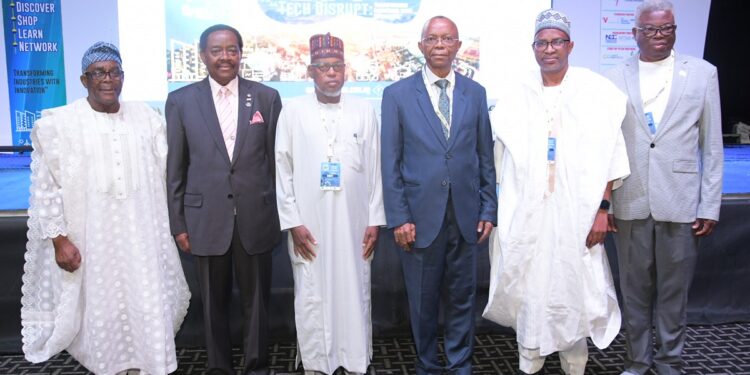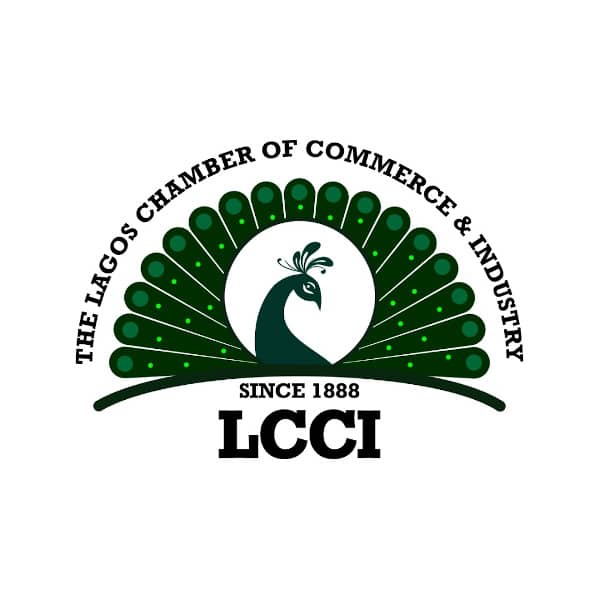Business
LCCI calls for withdrawal of cybersecurity levy

By Seyi Babalola
The Lagos Chamber of Commerce and Industry (LCCI), has called for the Withdrawn of the imposition of the 0.5 percent Cybersecurity Levy ordered by the Central Bank of Nigeria (CBN), to be deducted from electronic transactions of customers by the banks in the country and urged for more consultations with critical stakeholders.
The CBN had in a circular on Monday directed commercial banks and other financial institutions to start charging a 0.5 percent cybersecurity levy on Nigerians’ banking transactions after two weeks.
The apex bank, however, listed 16 categories of accounts that were exempted from the taxation.
However, Dr. Chinyere Almona, FCA, the Director-General
Lagos Chamber of Commerce & Industry, in a statement on Tuesday in Lagos said the implementation of the Cybersecurity Levy should be withdrawn noting that more consultations with critical stakeholders should be made to look into the issue.
Chinyere also stated that with this directive, individuals and businesses will be burdened with an additional levy amidst unsettled performance crises with power supply after the recently reviewed electricity tariffs.
“Unfortunately, the upward review of the electricity tariff has not brought about a commensurate boost in power supply to justify the additional costs to individuals and businesses. We urge the government to reconsider the implementation of this directive as its timing is wrong, and the justification is unclear. This directive should be withdrawn while we call for more consultations with critical stakeholders, she stated.
Parts of the statement read thus:
“At a time when government revenues are at record levels from higher crude prices, higher revenues accrued to the Federal Allocation Account, and saved resources from the stoppage of subsidies, we expect to see projects created to enhance the living standard of the people as a dividend of democracy for the sacrifices made by Nigerians. In the face of biting inflation that has continued to weaken the purchasing power of consumers and with companies burdened with a rising cost of production, any further imposition of additional cost burden will slow down economic activities and drag our economic growth drive.
“We believe that since the collection of this levy cannot guarantee the protection of payers from cyber-attacks, it is difficult to justify its collection at this time. In the same vein, the collection approach with some exemptions can create confusion regarding what transactions really qualify for the exemptions.
“Implementing this directive can gradually encourage some people to return to holding cash to avoid paying the levy. This can negatively impact the achievement already recorded with the cashless policy.
“As we advance, we urge the government to work towards amending the enabling law to reflect current realities, initiate programmes that reflate the economy, and invest more in digital infrastructure to support business operations. The directive that the remittance of this levy should go to the Office of National Security Adviser suggests that the funds may not be used to enhance our cybersecurity architecture to guarantee cyber-safety for technology users in Nigeria. We also urge the government to harmonize its tax initiatives with the work done by the Presidential Committee on Tax and Fiscal Reforms to prevent multiple taxations and poor coordination of the expected new tax regime.”






